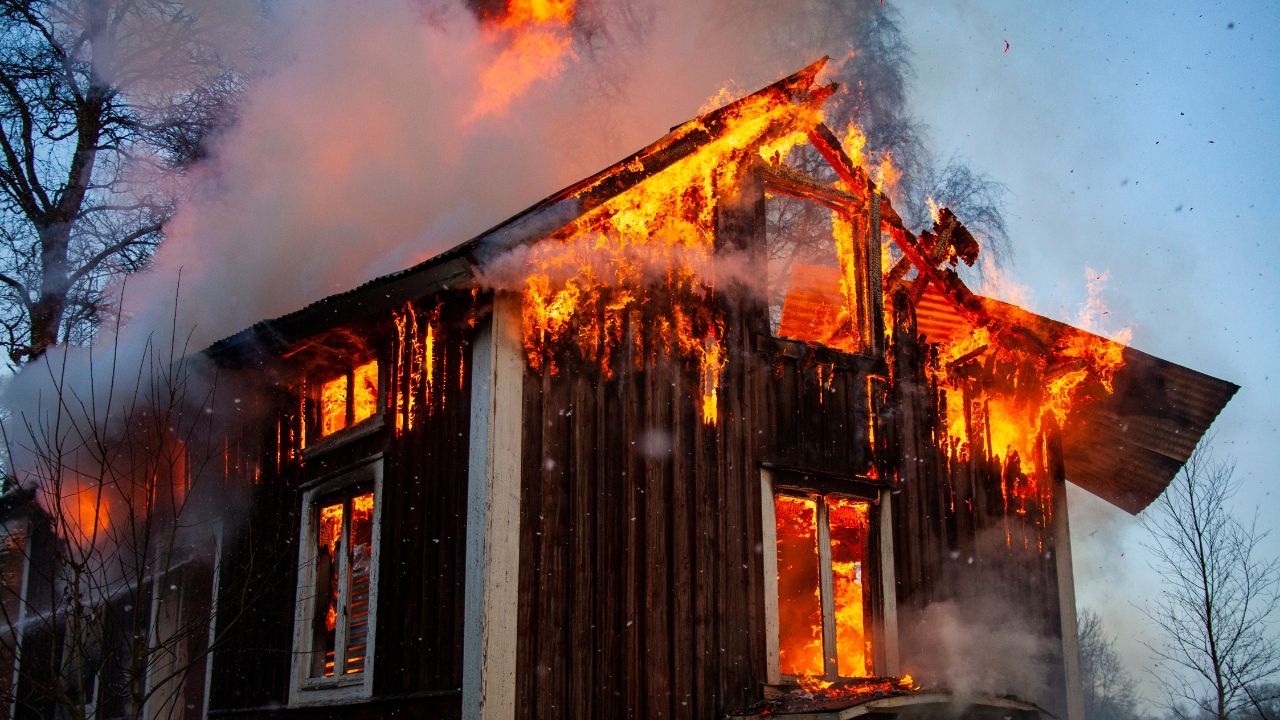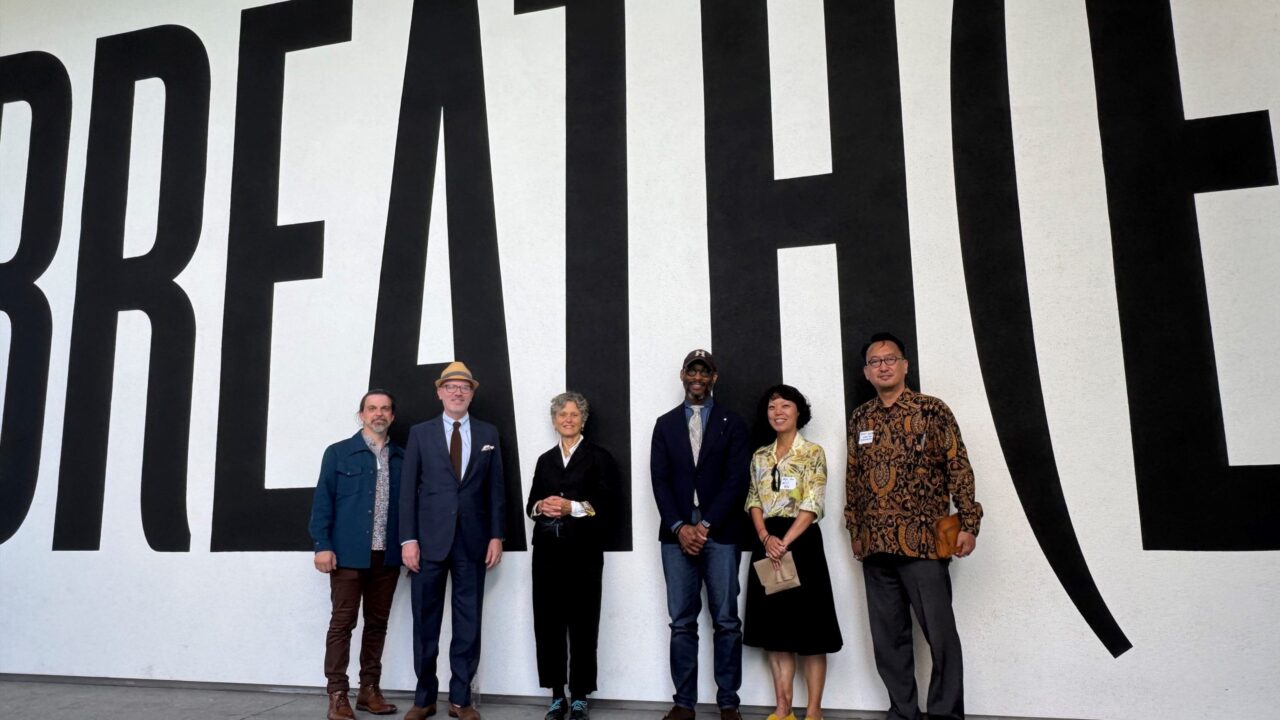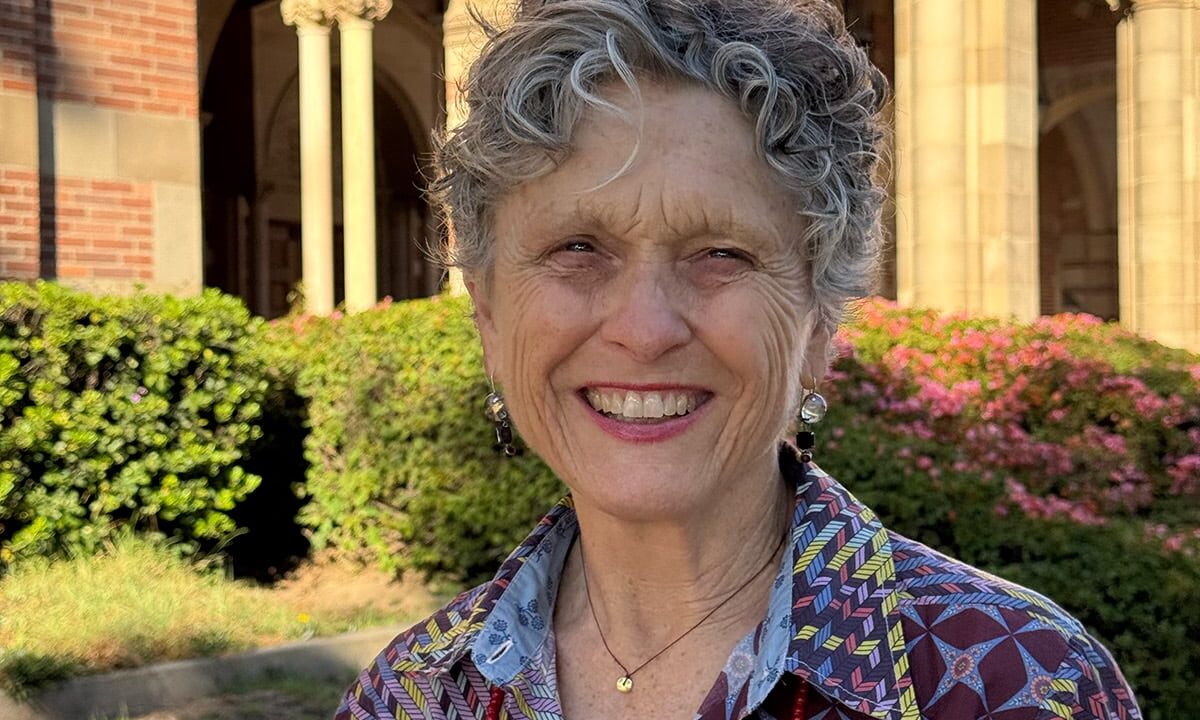
Dr. Stephanie Pincetl is co-principal investigator on a National Science Foundation project to study urban trees
Toward a Theory of Urban Trees as Living Infrastructure Trees are now ubiquitous components of urban landscapes in the United States. Increasingly urban trees are called upon as a form…
Toward a Theory of Urban Trees as Living Infrastructure
Trees are now ubiquitous components of urban landscapes in the United States. Increasingly urban trees are called upon as a form of living (i.e., green) infrastructure that is used to meet a variety of municipal goals to provide ecosystem services and combat the effects of climate change that, for many cities in the US and abroad, is causing an increase in the urban heat island effect. However, using trees as a form of infrastructure raises new challenges compared to traditional gray infrastructure typically managed by cities. This research addresses major knowledge gaps in our understanding of the effectiveness and capacity of urban trees to provide the services expected within the structure of municipal tree planting, stewardship and decision making and community interaction. Living infrastructure is a socio-environmental-technological system of feedbacks between organisms, the environment, societal desires, and governance capacity. In the case of urban trees, their capacity to meet municipal goals is uncertain and likely varies among cities. Part of this uncertainty exists because the ability to adequately model the effect of urban trees on their local environment suffers from a lack of quantitative information and scientific study. At the same time, the capacity of institutional managers to successfully steward urban trees is also unclear. Taken together, cities may have goals for tree-derived functions that are disconnected from both the biophysical realities of what trees can do and realities and limitations of community management practices. Broader impacts of the work include student and postdoc training in convergent research, providing data and findings to inform municipal decision making, and informing the public and other stakeholders of the role of living infrastructure in cities via social media and other outreach mechanisms.
This is a pilot project with an overarching goal to understand the intellectual and institutional factors that have driven the movement to use urban trees as living infrastructure to produce ecosystem services. Project activities will evaluate the capacity of municipal institutions to implement and manage urban trees as living urban infrastructure to achieve climate goals. The project addresses key uncertainties in the socio-environmental system that considers urban trees as living infrastructure. It will examine how existing municipal forestry goals and plans vary throughout the United States, and how municipalities currently frame the role of living infrastructure in climate mitigation and adaptation. It also examines how current scientific understanding aligns with these goals and what information is needed for monitoring, modeling, and validation of these processes. The project includes the evaluation of existing municipal urban forestry plans from 20 cities throughout the United States. Data will be evaluated from the different disciplinary perspectives: i.e., ecosystem science, community ecology, ecohydrology, cultural geography, engineering, and landscape architecture. These data will be complemented with additional data collection and stakeholder interviews at three focal research cities: Los Angeles, California; Phoenix, Arizona; and Baltimore, Maryland. Work packages include a whole-team 1- to 2-day synthesis meeting in each of the three focal cities where existing data will be examined and discussed by the group. This will be followed by a half day workshop that engages local stakeholders. Meetings will focus on addressing research questions and further elaborating the coupled socio-environmental theory of living infrastructure. A Technical Advisory Committee will be constituted and their input on stakeholder decision making will be incorporated into the work plan. This effort will substantially contribute to a more comprehensive theory of living infrastructure as an interface between social, environmental, and technological systems and as a key component of novel urban ecosystems that can vary dramatically at national scales. Societal benefits of the project include the direct dissemination of our research findings to urban land management and forestry professionals, and new interdisciplinary training opportunities for postdoctoral and undergraduate trainees. Project results will directly address the needs of municipalities and their tree planting programs, which often seek to expand urban cover and diversity at great expense, but with a paucity of available scientific information.
This award reflects NSF’s statutory mission and has been deemed worthy of support through evaluation using the Foundation’s intellectual merit and broader impacts review criteria.
The lead principal investigator is Darrel Jenerette at UC Riverside.



